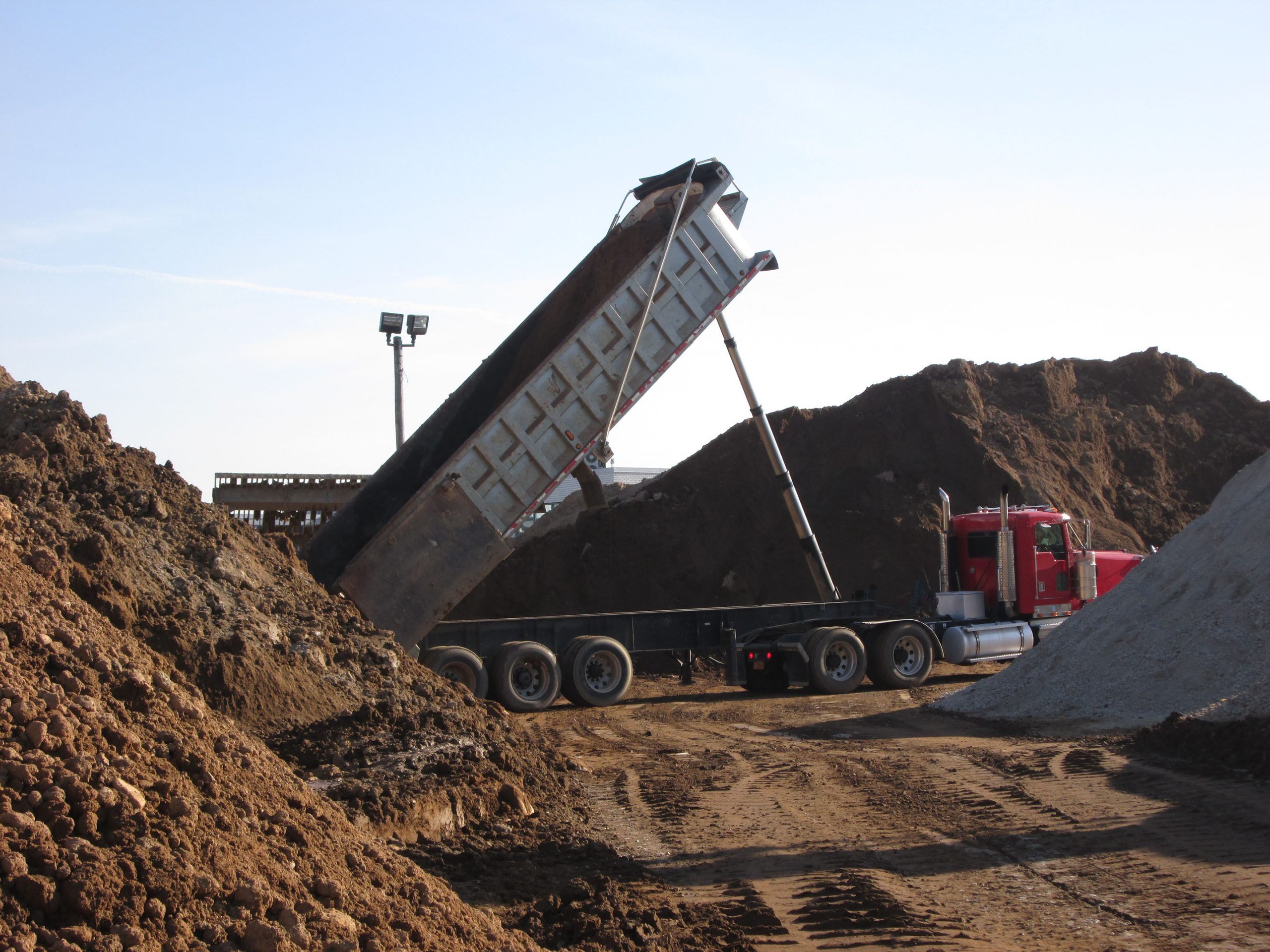Compliance with Part 360 Regulations: Fill Material Transfer Stations
As a fill material transfer station owner or operator, you’re required to comply with the July 22, 2023, New York State Department of Environmental Conservation (NYSDEC) Part 360 regulations. But how do these regulations and changes affect your operations in the short term, and what will happen if you ignore them until NYSDEC comes after you?
This new State-issued regulation uses certain language styles and verbiage that can be confusing to follow and difficult to comprehend, which makes staying in compliance a challenging task. Also, there are apparent contradictions between different parts of the regulations that add to the complexity of compliance. Unfortunately, failure to abide by the rules leaves you and your business open to violations and non-compliance notices from the State.
What are facilities required to do?
Fill material facilities have until January 19, 2024, to achieve full compliance for the following list of items:
- Enclosed building–All receiving, processing, and sorting activities must be conducted in an enclosed building except for concrete and other masonry material (including reinforcing embedded in concrete), asphalt pavement, asphalt millings, brick, rock, excavated material (Fill Material), roofing shingles or unadulterated wood.
- Material Measurement–Inbound and outbound shipments are recorded in weight and volume.
- Asbestos–No friable asbestos-containing waste and special requirement for management of non-friable asbestos-containing waste.
- Remediation Site–No waste received without written approval.
- Site Configuration–Reconfiguring facility piles for the different categories of excavated fill types to maximize the reusability of the facility’s final product.
- Sampling–Excavated material must be sampled prior to leaving the site, and the results will dictate its allowable uses. If the material fails the F5 requirements, it must be disposed of unless a case-specific Beneficial Use Determination (BUD) is granted.
- Storage requirement–Volume and time limits.
- Tracking requirements–Tracking documents are required for all material leaving the facility.
- Recordkeeping–List and location of records, including tracking documents.
- Leachate Management–Rainwater that has been in contact with some excavated waste may be considered leachate and must be properly managed.
How can facilities plan for compliance?
Complying with this list will require significant planning and action. Given the limited timeframe, it would be wise to start now—further delay risks enforcement action and penalties. NYSDEC may view that, since facilities have had the six-month transition timeframe and have been on notice since 2017, no further delays will be tolerated. Facilities should expect a round of inspections after January 19, 2024, for the above compliance items, and facilities found to be significantly out of compliance could receive significant penalties.
If a registration is still allowed, a new registration must be submitted by January 19, 2024. If a permit is required, the facility must have a complete application status by July 22, 2024.
Walden has closely followed developments to Part 360 rules since the 2017 modifications. To read more about our expertise in solid waste consulting, visit our website and read our latest blog on the topic. Call Walden at 516-604-5684 for more information.

Visit Walden’s solid waste consulting webpage to learn more about the relevant services that we offer, and contact us at 516-604-5684 if you have questions about how the new Part 360 regulations will impact your operations.
